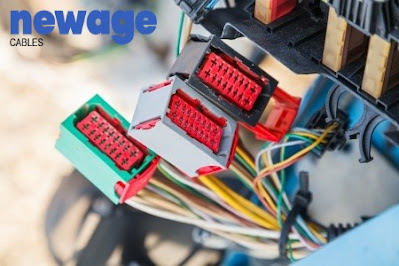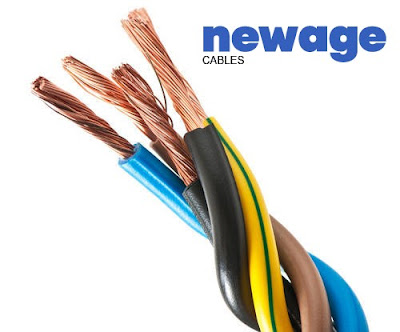All electrical issues can be risky. They don’t only affect the appliances but also risky for human life and property as well. Problems such as flickering lights and high electricity bills indicate electrical problems. Let’s have a look at some common electrical issues and their solutions.
Poor Circuit
Protection / No RCCB
Residual
Current Circuit Breaker (RCCB) is a device that detects and secures low voltage
circuit if there is a current leak. It disconnects the load from the main
supply when the circuit has a residual current.
Solution: Install an RCCB as
it protects against direct and indirect currents, shocks, and electrical fire.
Grounding Issues
- No GFCI Installed
GFCI
breaks the circuit if there is a difference between incoming and outgoing
currents. Without GFCI, there are chances of overheating electrical wires,
shocks, burns, or an electrical fire.
Solution: Get GFCI
installed if you don’t have it already.
- Undergrounded Connections
These
connections don’t have a grounding system as an added failsafe. It provides a path
for extra current to flow in case of a short circuit.
Solution: Make sure that
all connections are grounded and you have a proper grounding system.
Electrical
Shocks
You
may have electrical shocks when you turn on or off an appliance. Even if the
shocks are mild, it is a sign that the appliance has an electrical issue that
needs to be fixed as soon as possible.
Solution: You can plug in
another device and notice if you face the same problem. If the results are
reproducible, contact a professional electrician without thinking twice.
Electrical
Surges
Electrical
surges usually happen due to poor electrical house wiring, faulty appliances, or damaged power lines. These are common
electrical problems as they last for a split second. In case of frequent
surges, they can damage the equipment and reduce its lifetime.
Solution: Check your
electrical connections that connect the device to the home grid. Disconnect the
poor quality power boards or devices from the outlet. The surge should stop, if
they don’t stop, you must contact an electrician.
Overloading
The
light fixture you may be used for high watts such as bulbs or other fittings
could be designed for low voltage. This violates the code, increasing the risk
of wire insulation and socket melting due to the high from the bulb.
Solution: Fit the right
watt bulb to the right fixture. If you are not sure about the wattage the
fixture can handle, it is safe to use a 60-watt or smaller bulb.
Head Toward Newage
Cables Private Limited
If
you’re looking for professional all wire and cable services. Count on Newage Cables Private Limited. We have trained
electricians to install electrical wires in any commercial or residential place
as per your requirements. These electricians have relevant expertise, training,
and experiences to follow electrical codes to handle any possible risks.






No comments:
Post a Comment